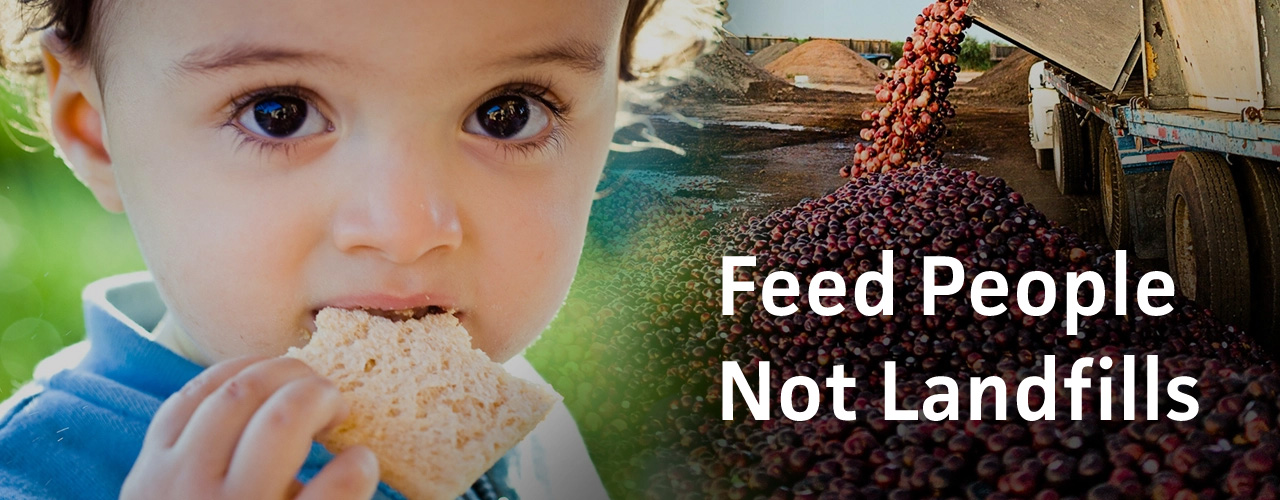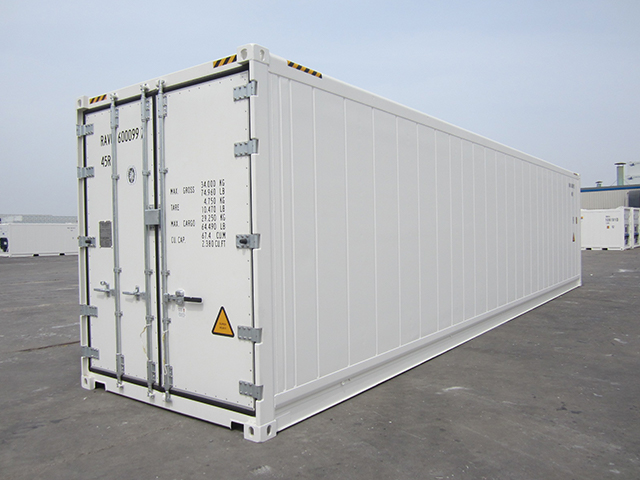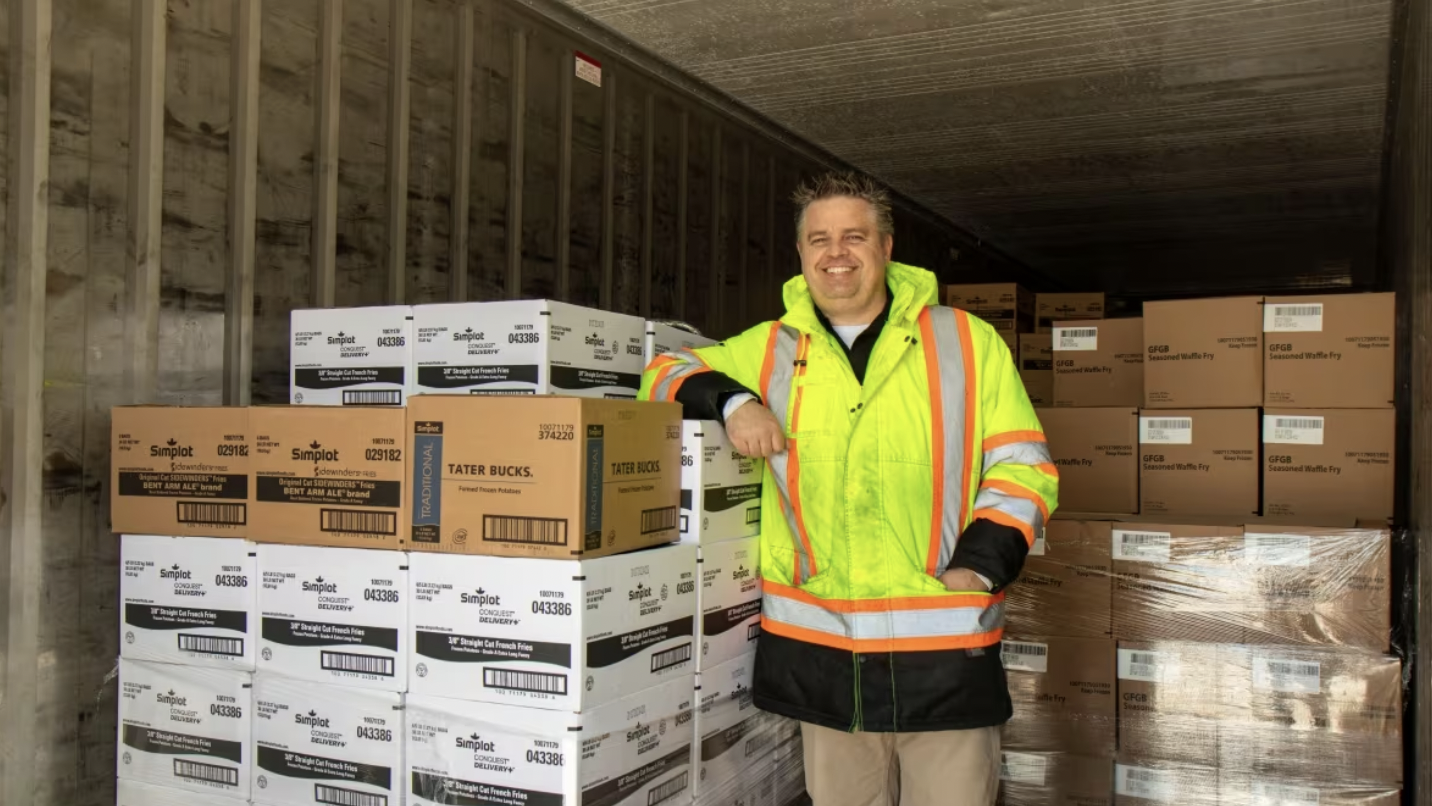
Manitoba Food Rescue & Emissions Reduction Project
Together, we’re building a province‑wide cold‑chain system that keeps good food feeding people—not landfills.
Using 40ft refridgerated shipping containers as cold storage
These containers run on electricity, are portable, temperature-controlled, and can freeze or refrigerate food up to 26 pallets of food as needed.
A Game Changer for Manitoba!
CCC’s Role and Impact
Climate Change Connection has played a key coordinating role in connecting partners, securing funding, and implementing five 40‑ft refrigerated shipping containers strategically placed across Manitoba to expand cold‑storage capacity for rescued food. These units—installed with the support of partners like Farm Credit Canada, Efficiency Manitoba, and MakeWay Charitable Society—are now serving as vital community food hubs that help agencies safely store, redistribute, and process thousands of pounds of food every week.
Cold‑Storage Sites Installed (2024–2025)
Five units have been installed so far at the following sites:
- Harvest Manitoba (Winnipeg): Container in daily use; supports ~8,500 meals per week.
- Chalmers Neighbourhood Renewal Corporation (Elmwood): Supports community access to low-cost meals and affordable groceries; also supports local neighbourhood agencies; doubles as a teaching site for food‑waste education.
- Community Helpers Unite (North End): Expanding 24/7 warehouse and cold‑storage capacity for high‑volume food redistribution and crisis prevention.
- Brandon Food Rescue (Brandon): Enables regional rescue, storage, and redistribution of over 200,000 kg of food annually.
- Additional rural pilot site: Supporting storage and transport in western Manitoba; serves as model for rural‑remote expansion.
Together, these installations have created a provincial cold‑chain backbone linking urban and rural partners. The result: better coordination, reduced spoilage, and dramatically improved ability to move rescued food where it’s needed most.
Why It Matters
- Food Security: Each container helps agencies store perishable, healthy food that would otherwise go to waste—transforming it into tens of thousands of meals for Manitobans every month.
- Climate Action: Diverting food from landfills prevents methane emissions, a greenhouse gas 25× more potent than CO₂. Every pound of rescued food helps shrink Manitoba’s carbon footprint.
- Community Resilience: Shared cold‑storage infrastructure reduces duplication, fosters collaboration, and strengthens the local food‑rescue network.
- Long‑Term Vision: CCC aims to extend this model to more communities, creating a self‑sustaining, province‑wide cold‑chain system that supports both social and climate goals.
The Need Has Never Been Greater
More and more Canadians are falling on tough times, as demand for food banks continues its meteoric rise nationwide over the past few years — with no change in sight. Harvest Manitoba has seen 140-per cent greater need than just three years ago. This project supports everyone, especially those in our community who are most vulnerable to poverty and at risk due to external factors like climate change and inflation that affect our food supply.
Donate Now!
CCC welcomes new partners, donors, and sponsors to help expand this network—funding additional containers, electrical installations, and refrigerated transport to reach rural and northern communities.
Contact: info@climatechangeconnection.org
We’re working towards instituting this program – we need equipment, tools, support for staffing and partnerships to get this off the ground! Each shipping container cost approx. $20,000 CAD. With additional costs associated with site preparation and electrical install. Every dollar counts!
Let’s Keep Good Food out of the Dump!
Receive a charitable tax receipt when you donate!
Major Gifts
Gifts of over $5000 will also receive increased recognition and support – contact us to discuss!
Got Space?
We are looking a parking lot or piece of land for these containers. Contact Jennifer at jennifer@climatemb.ca.
Background
In Manitoba, our second largest single source of GHG emissions comes from our landfills. Nearly 60 per cent of all food in Canada is lost or wasted annually, of which 32 per cent is avoidable, leaving edible food that could be rescued for human consumption (this represents a financial loss of $49 billion). The food system is taking a toll on biodiversity and climate: half of the world’s habitable land is used for agriculture and estimates suggest that 21 to 37 percent of GHG emissions come from the global food system. Good food is ending up in our landfills, when it rots it produces methane gas, which quickly heats up the planet.
Most Food Waste Happens at the Supply Chain Level
Most food waste occurs at the supply chain level, in transit as it ships from country to county, before it even reaches a supermarket. This can be due to:
- Overproduction/Overplanting
- Transportation Delays
- Blemished Food/Acceptability
- Overstocking
The Challenge of Distributing Surplus Food to Those in Need
Food banks and service agencies are often constrained by limited storage space and insufficient means to transport large trailer loads of donated or surplus food. Distributors and suppliers are faced with making fast decisions, without the luxury of time to discover the right place to donate their surplus food. Sadly, this leads to excess food being dumped in landfills, where it produces methane gas that contributes to global warming, instead of reaching those who are in need of it.
Special thanks to: Réseau Compassion Network, Farm Credit Canada, Red River Mutual, the Shania Twain Foundation, Winnipeg Kinsmen, the Winnipeg Foundation, United Way Winnipeg, and MakeWay for providing support to initiate action on this important lifesaving project.





